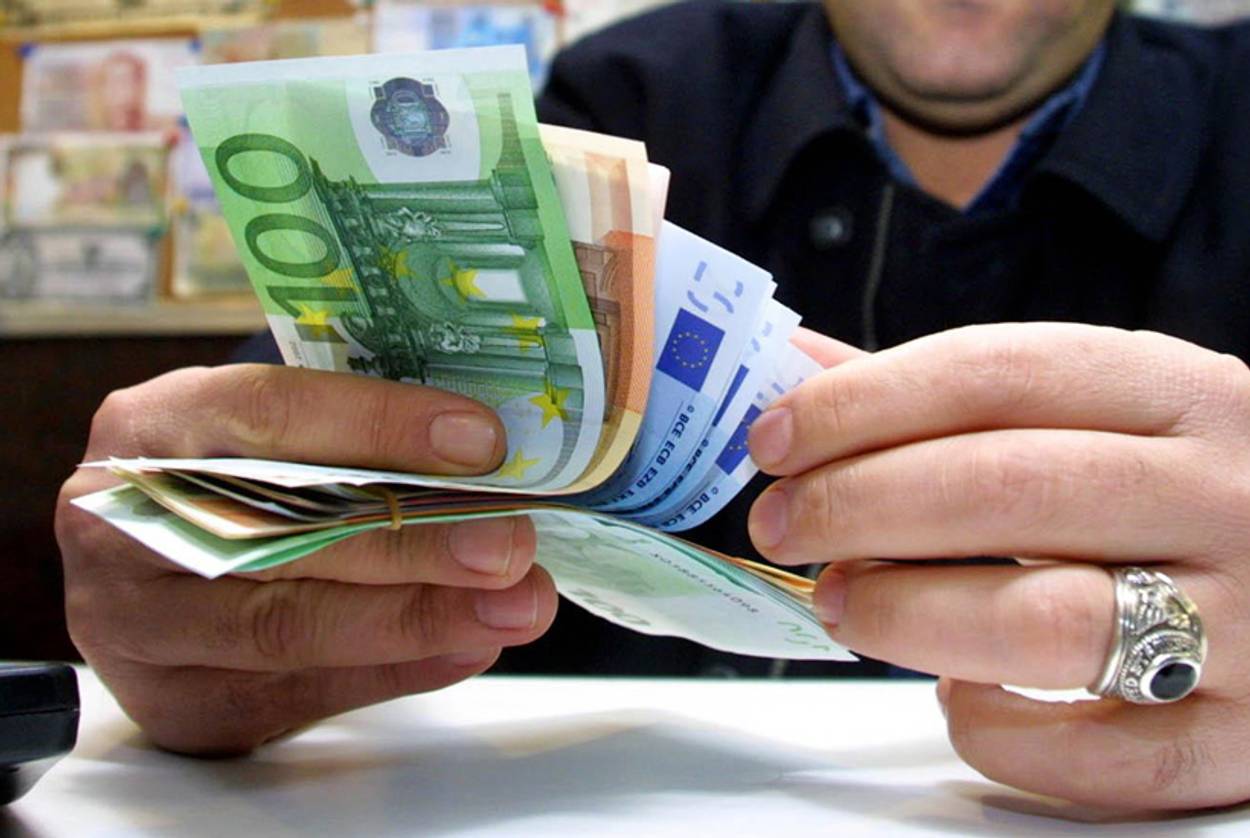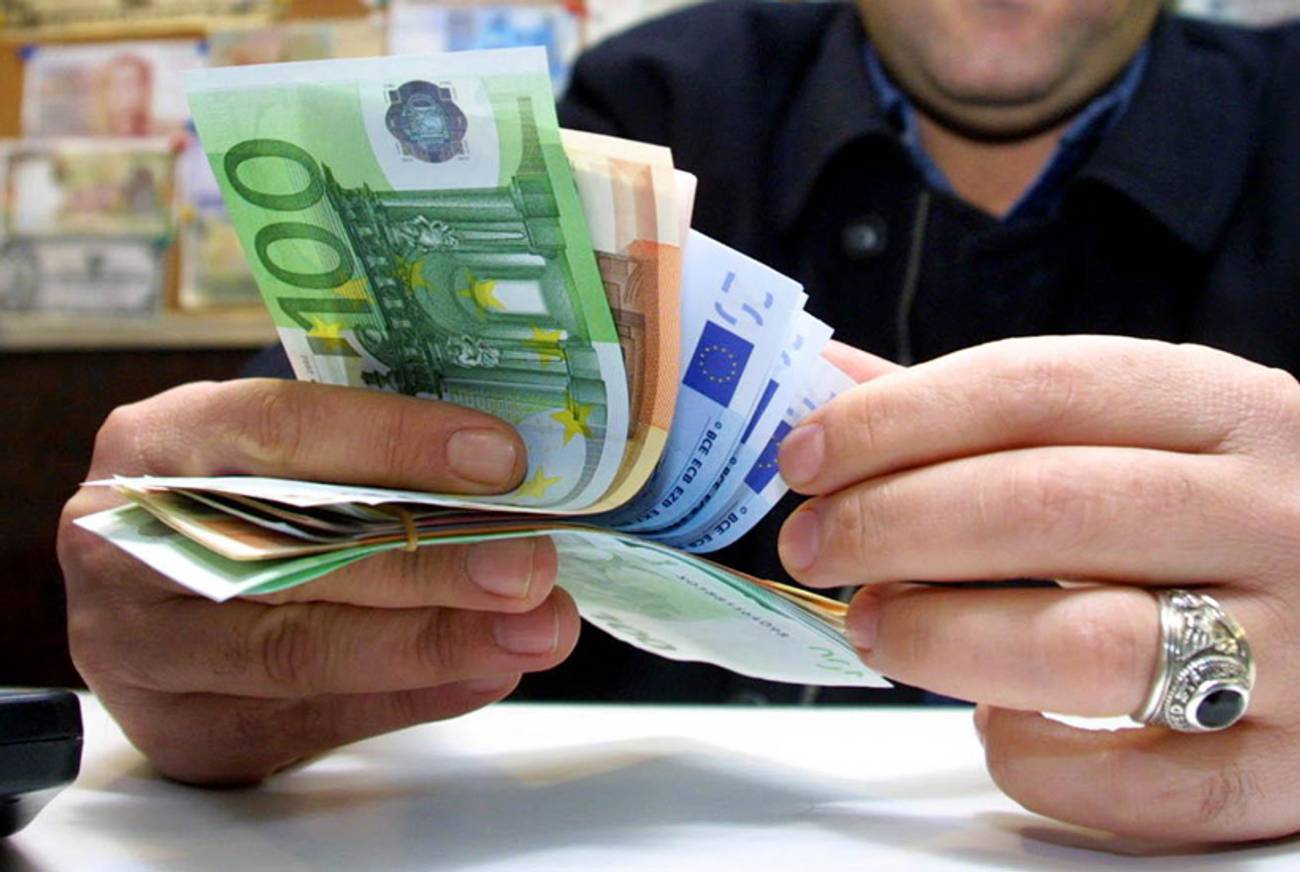Hezbollah’s Safe European Home Funds Terror in the Middle East—and in Europe
Will the call to list the Lebanese group’s military wing as a terrorist organization in the European Union have any effect?




In 2005, law-enforcement agencies in Romania looked deeply into the business activities of Talal Mohammad Kansou, a Lebanese-restaurant owner in Bucharest. Born in Lebanon, he had lived in Qatar with his family for several years in the late 1980s and moved to Romania in 1991. But on Feb. 18, 2005, the Romanian government rejected his request for permanent resident status.
The reasons are stated in a U.S. Embassy cable. The diplomatic mission had “uncorroborated information indicating that subject has connections to Lebanese Hizballah and may in fact have provided support to active Hizballah members in Romania.” “Subject has ongoing business connections with Lebanon. Further, the Romanian Ministry of Justice has implicated subject in drug trafficking,” the cable read.
Kansou’s case is hardly a singular one in Europe. One of Hezbollah’s most important financiers, billionaire Kassim Tajideen, who was blacklisted in 2010 by the U.S. Department of Treasury for his links to the Party of God, was arrested in 2003 in Belgium. But the charges, “large scale tax fraud, money laundering and trade in diamonds of doubtful origin,” were not proven at the time, and he was released. His links to Hezbollah, as is the case with many other businessmen’s links to the same group, don’t seem to be a problem for the European authorities. Supporting an ideology or an organization is not illegal, as long as the supporters don’t harm others.
***
The United Kingdom, supported by France and Germany, recently submitted an official request to the European Union to list Hezbollah’s military wing as a terrorist organization, after the United States and Israel pressured and lobbied the forums in Brussels for months. The move came after a bombing in the Bulgarian seaside resort of Burgas in July 2012 that left six dead in a bus transporting Israeli tourists; the subsequent investigation incriminated Hezbollah. In a separate case, a Hezbollah courier in Cyprus confessed in court that he was ordered to stalk Israeli tourists on the Mediterranean island. European politicians and bureaucrats have suggested that their real objection is to Hezbollah’s increasing involvement in the Syrian conflict. But what Europe should really be worried about is the group’s European business empire and its ramifications for the continent.
Lebanese Shiite communities in Europe provide good recruiting pools for the Party of God and often donate money to Hezbollah-sponsored charities that raise funds for social causes in Lebanon. Businessmen affiliated with Hezbollah also set up façade companies in countries with lax legislation and weak and corrupt governments and then transfer their funds to respectable European accounts. The latter are more important to the Lebanese group. Technically abiding by the European laws and keeping a low profile, they make most of the money the group needs to finance not only its military program but also the schools, hospitals, and community activities meant to secure the group’s popular base inside Lebanon.
According to Lebanese University professor Hares Suleiman, Hezbollah started building its business empire in 2001-2002, following the example of the Iranian Revolutionary Guards, which had set up networks of companies in the Gulf. “Hezbollah started contacting businessmen and building partnerships, increasing its capital and investing in hotels, the car trade, clothes manufacturing, and wholesale,” he said. “At the same time, Hezbollah members and supporters—who were not businessmen to start with—opened new businesses, investments, and institutions in Lebanon and abroad, in places such as Africa and the Gulf. After the 2006 July War, the phenomenon increased,” he pointed out.
The change was obvious in South Lebanon, where castle-like villas sprang up out of nowhere after the July 2006 war. Most locals would give you the official line of the party they support: They built their villas to show how fast the Lebanese resistance could regenerate after the war with Israel. In the town of Kherbet Selem, where Hezbollah controls the local council, the mayor’s relatives built an actual castle with the Brazilian flag on top—a clue to the source of the money, in Hezbollah’s burgeoning South American business empire—and Hezbollah’s leader Hassan Nasrallah’s pictures lining the walls.
Most of the money channeled toward South Lebanon’s villages comes from Latin America and West Africa, where most of Hezbollah’s businesses are located. But informed sources say that even some of that money makes stops in Europe-based accounts belonging to financiers and is then laundered through European-based sister companies so it doesn’t attract too much attention.
Lebanese Shiite communities of Hezbollah supporters in Europe also raise funds for the Party of God through donations made to charities. Germany has a large community of Hezbollah supporters that has grown considerably during the past decade. German media reported in 2007 that 900 Hezbollah activists were in the country and that they regularly meet in 30 cultural community centers and mosques. These activists financially supported Hezbollah in Lebanon through fundraising organizations, such as the “Orphans Project Lebanon Association.” Funds donated to that association were then transferred to Hezbollah’s Al Shahid Association, which supports the families of the Party of God’s military personnel who are killed in action.
Sweden also hosts a strong community of Hezbollah supporters, which it allows to operate freely in the country. Several rallies organized by the party’s supporters had quite a considerable turnout in the country’s main cities and were supported by Sweden’s left-wing opposition parties. In the last year two Lebanese-Swedish men were arrested in separate instances for trying to plan attacks on Israelis in Bangkok and Cyprus. Hezbollah has also done public fundraising in other EU countries such as Denmark.
But the European authorities and law-enforcement agencies often do not look into Hezbollah’s fundraising activities, or into businesses that might have links to Hezbollah, because they are not seen as a threat to public security in Europe—no matter how clear the links are to organizations that sponsor violence elsewhere. It is not clear if Kansou still lives in Romania or travels back and forth to Lebanon. His restaurant in Romania has expanded, in the meantime, into a three-star hotel, and his alleged connection to Hezbollah was never officially investigated.
Why? There is always a certain amount of confusion between a Hezbollah financier and a simple Shiite businessman from Lebanon who happens to support Hezbollah. The EU’s recent willingness to place Hezbollah’s “military wing” on the list of terrorist organizations is therefore likely to have very limited impact on the group’s ability to use Europe to finance its activities. Proving that a person is a Hezbollah fighter is often very difficult, and Hezbollah tends to use Shiite businessmen in Europe who are usually not officially affiliated with the Party of God.
Without the political will to target these businesses and openly declare that Hezbollah itself is an active terrorist organization—not just its “military wing,” a distinction that the organization itself doesn’t recognize—transactions and fundraising operations inside Europe that pay for politically motivated killings around the world will continue. And as the Burgos and Cyprus cases show, there is no reason to believe that Hezbollah-sponsored bombings and killings will be confined to the Middle East. They can happen in Europe, too.
***
Like this article? Sign up for our Daily Digest to get Tablet Magazine’s new content in your inbox each morning.
Hanin Ghaddar is the managing editor of NOW English, based in Beirut. She Tweets @haningdr. Ana Maria Luca is a journalist working for the same publication. She Tweets @aml1609.
Hanin Ghaddar is the managing editor of NOW English, based in Beirut. She Tweets @haningdr. Ana Maria Luca is a journalist working for the same publication. She Tweets @aml1609.